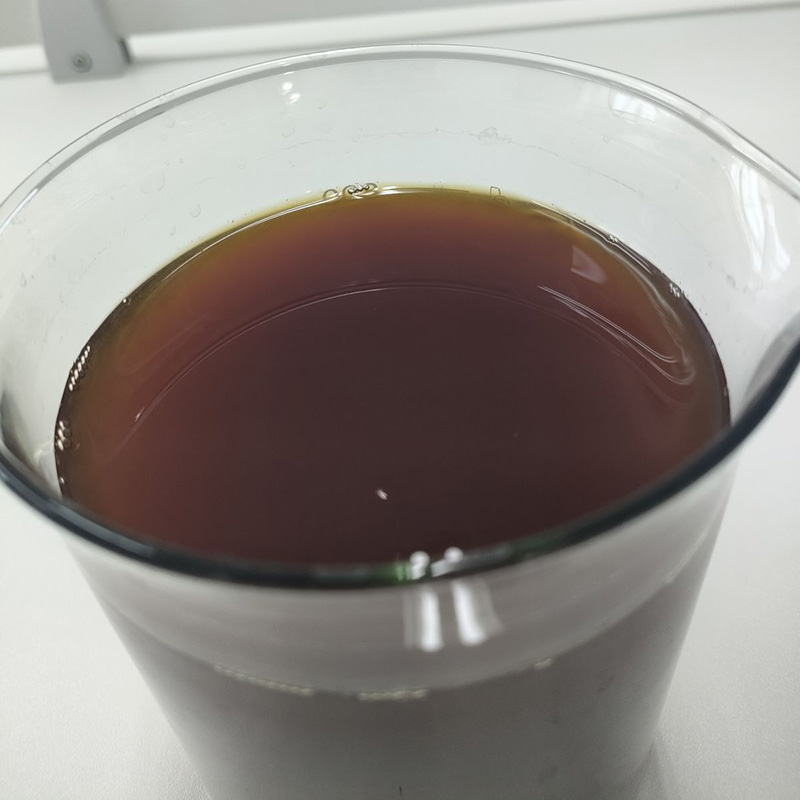Chemical raw material-amino acid
PICS

Description
Production introduction:
The amino acid is an organic molecule composed of carbon, hydrogen, oxygen, and nitrogen. When a series of amino acids are joined by peptide bonds, proteins are formed. Proteins are important macromolecules involved in all aspects of growth and development of plants.
Plants synthesize amino acids from the N absorbed as nitrate or ammonium that is in the soil. Clearly, the process of absorbing nitrogen from the soil is an important loss of energy for the plant. Therefore, the main reason why it is so important to apply these products in agriculture is the energy savings that they achieve. This energy will be used in other processes such as sprouting, flowering, or fruit set, and fruit fattening, so that it will increase the quality and the production of the crop.
Production usage:
Amino acids for agricultural use have a wide range of applications, as they can be directly applied as fertilizers to crops to promote growth and enhance quality. At the same time, they can improve the physicochemical properties of soil, enhance water and nutrient retention capacity, and increase soil porosity. Additionally, amino acids can enhance the absorption and utilization rate of carbon dioxide by crops, thereby promoting photosynthesis. In terms of stress resistance, amino acids can improve crop tolerance to cold, drought, diseases, and pests. Amino acid fertilizers can also be mixed with other types of fertilizers to improve overall effectiveness and utilization rates. Furthermore, they have potential applications in livestock and aquaculture industries.
Introduction
The key selling point :
The key selling points of agricultural amino acids include promoting crop growth, improving crop quality, enhancing crop stress resistance, aiding nutrient absorption, regulating crop physiological functions, and being environmentally friendly. These benefits make agricultural amino acids a valuable organic fertilizer option for farmers looking to increase yields, enhance flavor profiles, and maintain healthy, resilient crops.
Specification
| Name | Amino Acids |
| Color | brown liquid |
| Chemical formula | RCHNH2COOH |
| Storage | Stored in ventilated and dry place |
| Payment | T\T , L\C |
| Delivery time | According to the needs of legal inspection |
| Shipping | Shipping by sea,shipping by train normally or according to the customers’ requirements |
| Sample quotation | Free to offer sample, shipping cost payed by customers |
| OEM and ODM | Welcome |
What are Amino Acids?
Amino acids are organic compounds that make up proteins in all living things. All amino acids are made up of a central carbon, an amino group containing nitrogen, and a variable side chain which determines the different amino acid characteristics, like pH, polarity, and charge. In addition to forming proteins, amino acids also play a role in regulating different metabolic processes and serve as precursors for plant hormones.
The Production Application:
The application of agricultural amino acids includes promoting crop maturity and shortening the growth cycle, increasing leaf thickness and area, and accelerating the accumulation of dry matter. Amino acids can also enhance crop resistance to cold, drought, and lodging, and improve soil quality by promoting soil structure and water and nutrient retention. Additionally, amino acids act as a synergist for chemical fertilizers, enhancing the effectiveness of nitrogen, phosphorus, and potassium fertilizers, and promoting the absorption of microelements.












